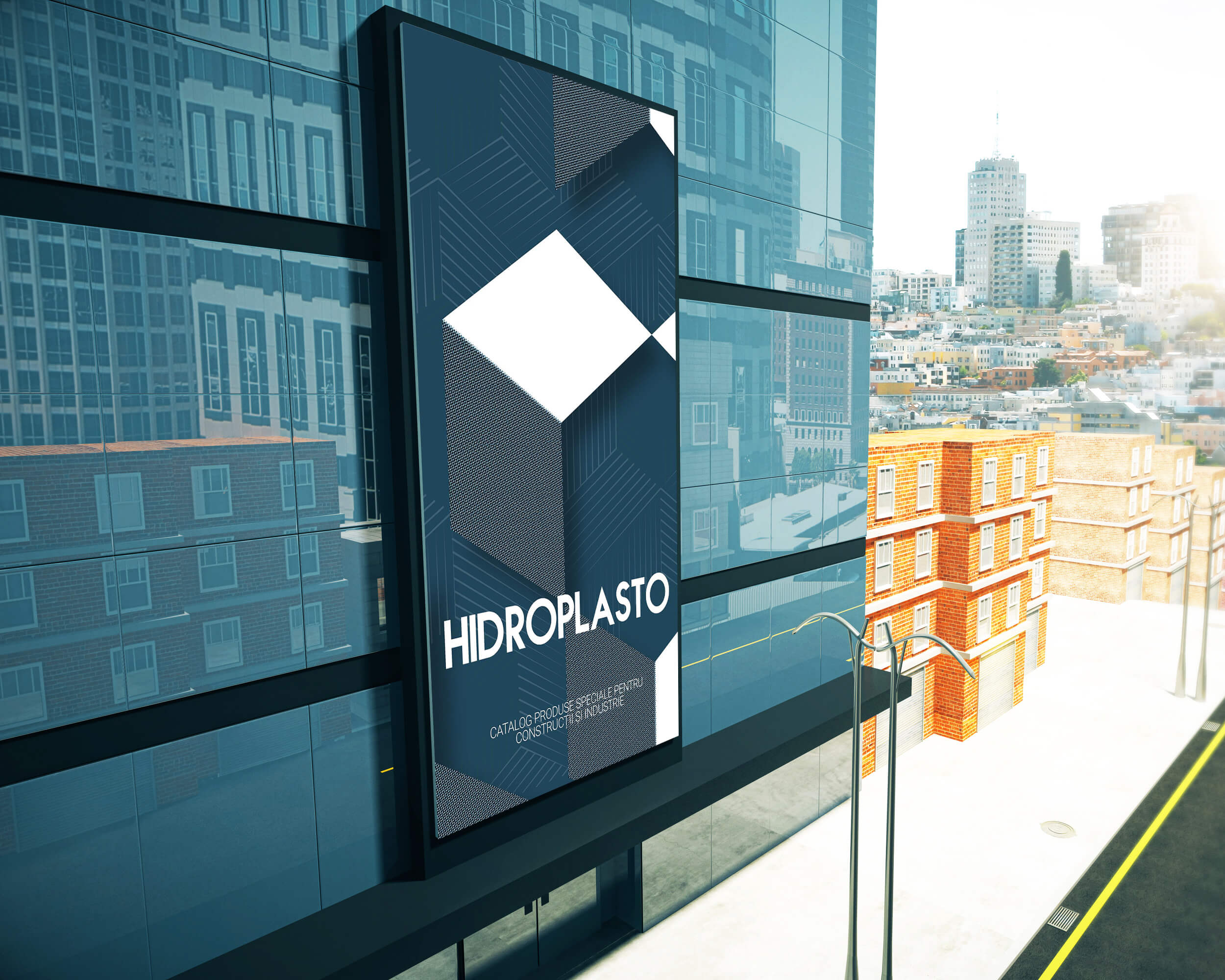Unarmed elastomeric supports ensure a controlled load distribution and allow horizontal displacements without tension or rotation in the supports. They prevent load excentricities and margin compression. At the same time, inequalities or deviations from the parallelism of the supporting surfaces are compensated.
Structural design
N 15 and N 20 are manufactured in thicknesses of 5, 10, 15, 20 mm. The smallest side must be at least 5 times the thickness of the support. The support should be applied in the static reinforcement of the adjacent components present in the concrete. Non-armed elastomeric supports should be used predominantly for static loads. For dynamic tasks you must use armored pivots.
To support the beams and pillars according to Class 2 supports, non-armed elastomeric supports are only used if the load component continues to be greater than or equal to 75% of the total load. If this is lower, or in all cases where excessive loads or a defect in the support may cause a lack of stability, we recommend the use of steel-elastomeric elastomeric supports. The adjacent components should be tightened only marginally by restoring forces and moments in class 2 supports.
Voltage perpendicular to the bearing plane (surface loading)
According to the Testing Criteria for General Construction Supervision Certificates, non-armed elastomeric supports can be loaded in such a way that a 30% compression of the original thickness of the support takes place under defined conditions.
In the following tables, maximum linear compression was limited to approx. 20% to provide increased safety to practical non-uniformity.
- Parallel tension with bearing plane (shear deformation), non-slip stability
The maximum permissible deviation angle and displacement will be dimensioned as follows:
tan γ = deformation angle [-]
t = support thickness [mm]
w = displacement [mm]
The torsion allowed due to the elastic and plastic deformation of the components plus the unevenness and inclination of the supporting surface is restricted as follows:
H = horizontal external tension [N]
H = stress due to deformation [N]
tan γ = angle of deformation
G = shear modulus (1.5 N / mm²)
F = push [N]
a, b = side lengths [mm]
The maximum permissible deformation angle must not exceed the external horizontal tension due to the short time.
If anti-skidding stability is not provided, appropriate construction measures will be taken.
Torsion
The torsion allowed due to the elastic and plastic deformation of the components plus the unevenness and inclination of the supporting surface is restricted as follows:
Eccentricity due to voltage is taken into account when designing adjacent components such as:
Lateral tension due to expansion of the support
If no specific analysis is required, the calculation can be made for the class 2 supports mentioned below:
![]()
Z = side load force [N]
F = force on the surface [N]
t = support thickness [mm]
a = low side load [mm]
Stiffness
If two or more supports of different shapes are aligned in a row under a component then the ratio should not be exceeded.
Otherwise a voltage-absorption analysis should be performed for each support.
Specifications: Non-armed elastomeric supports type N 15 or N 20 with AbP (General Construction Surveillance Certificate) for DIN rail mounting bracket 2 according to DIN 4141 Part 3 for compression up to 15 N / mm² (N 15) or up to 20 N / mm² (N 20) having dim: … x … x … mm and placed on a smooth, level and horizontal support surface. The surface must be clean and degreased.
Leschuplast GLT type N 15 or N 20.









